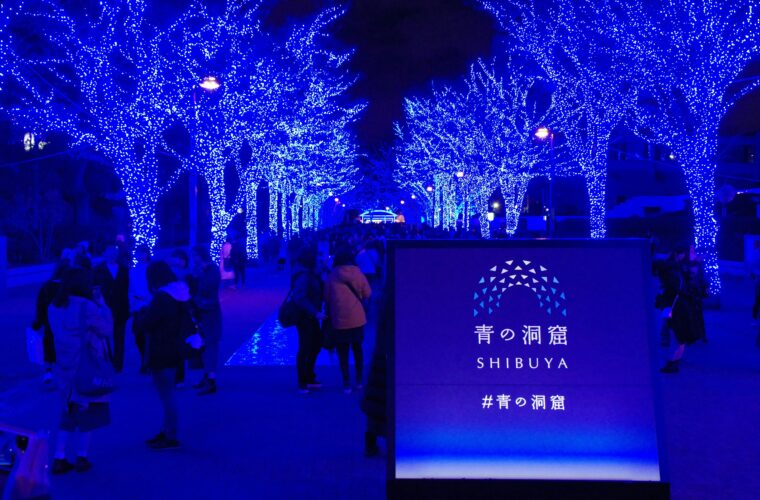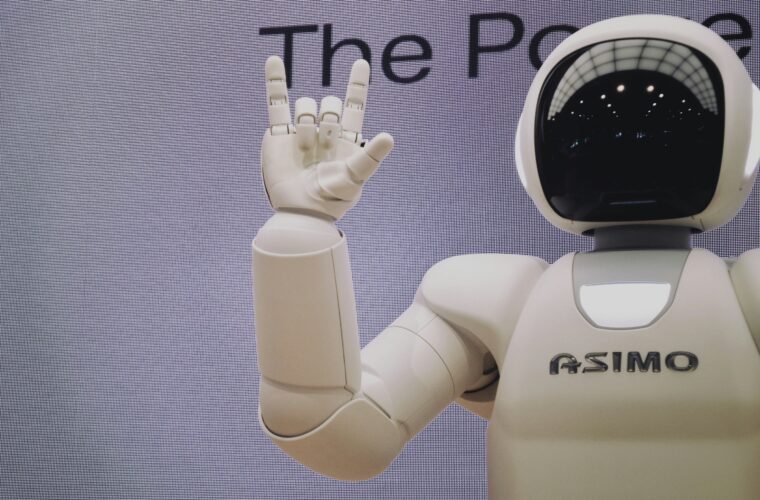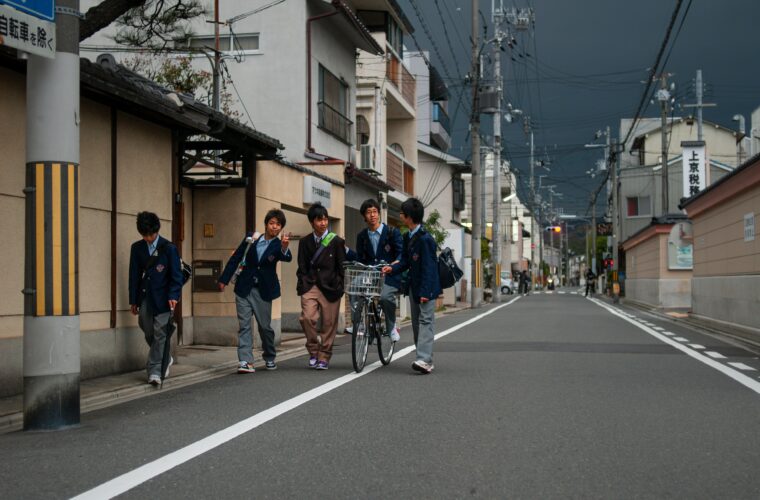Beauty Tech in Asia: From artificial intelligence to metaverse, emerging technologies are making tides in the beauty industry in Asia. The companies are stepping up their games to introduce innovative ways to keep their customers happy and help them achieve their ideal looks. Some companies choose to deploy technical assistance for customer care. Last September, Sephora introduced a store backed with a full mobile checkout process in Singapore
Customers can scan QR codes next to products they see for detailed information or other people’s reviews through the app Skincredible. They can also communicate with other app users to share their tips or recommendations. Possibly taking part in the metaverse trend, several beauty brands in China worked with virtual human models for promotions.
For example, South Korean cosmetics brand Laneige hired popular Chinese virtual model Chuan CHUAN as Laneige’s Trend Experience Officer, featuring him in multiple social media advertisements in 2021.
In February 2022, M.A.C joined hands with also a Chinese virtual human influencer Ayayi. Together, they launched a new makeup style titled “Vitality Light Magic Makeup” in a metaverse space.
Technologies can be applied in beauty regimes as well. In South Korea, Dyson, an international company known for its household appliances, recently launched a hair straightener that can dry and straighten wet hair at the same time.
The company’s beauty product portfolio is expected to grow. Reports say that it decided to invest approximately 500 million pounds in researching and developing beauty products and announced the plan to introduce 20 items by 2026.
Medicube, a South Korean tech company that specialises in beauty, has been gaining success through its AGE-R series, a line of skincare devices that moisturise and clear users’ skins.



